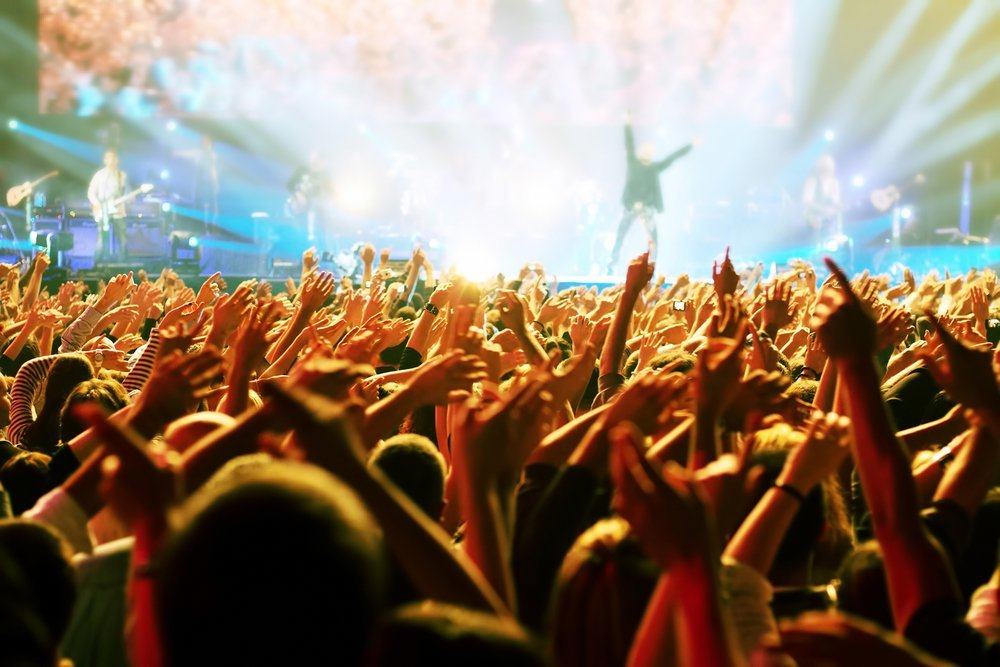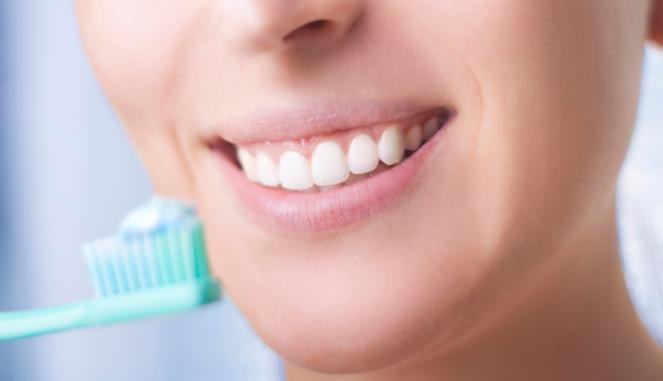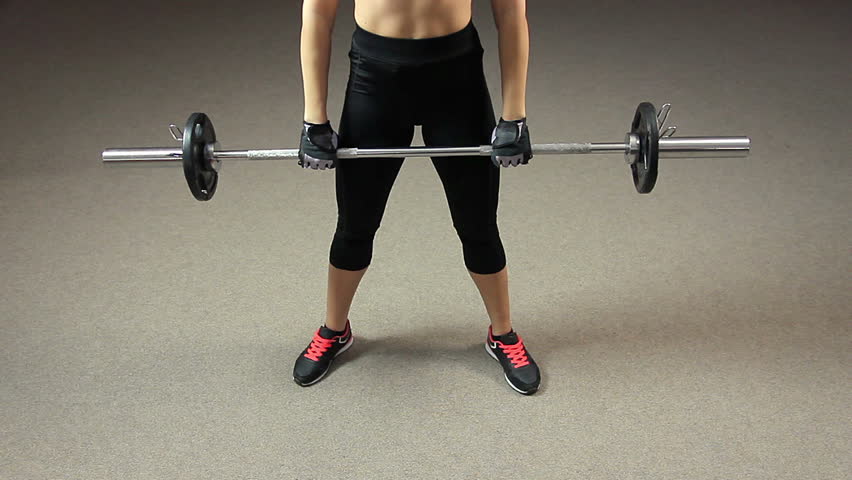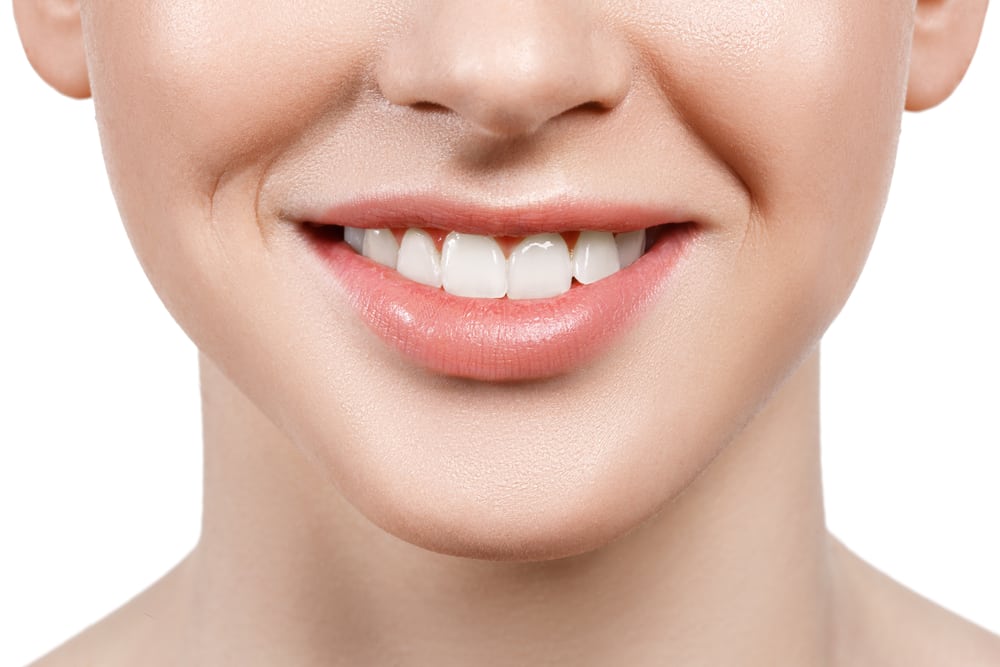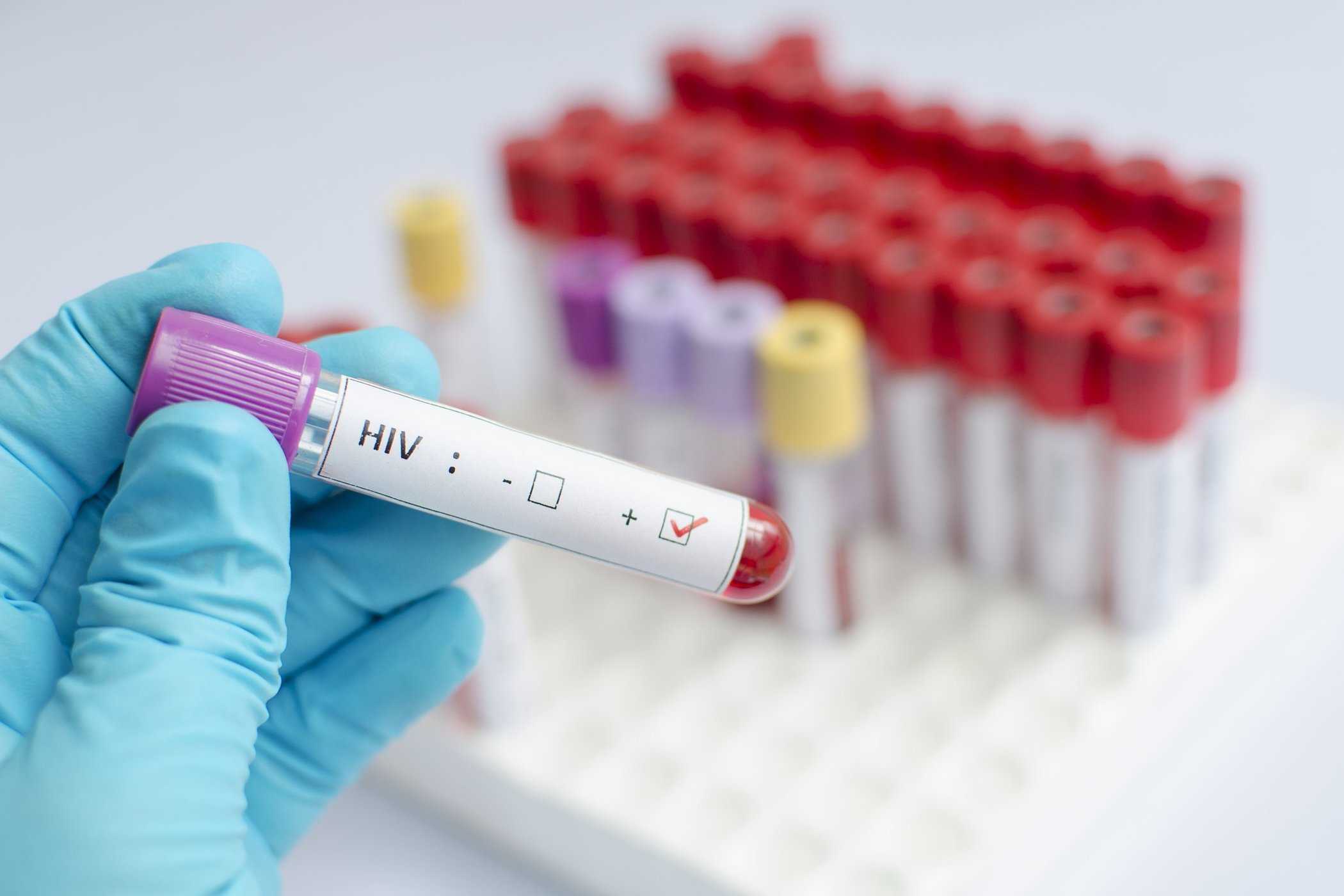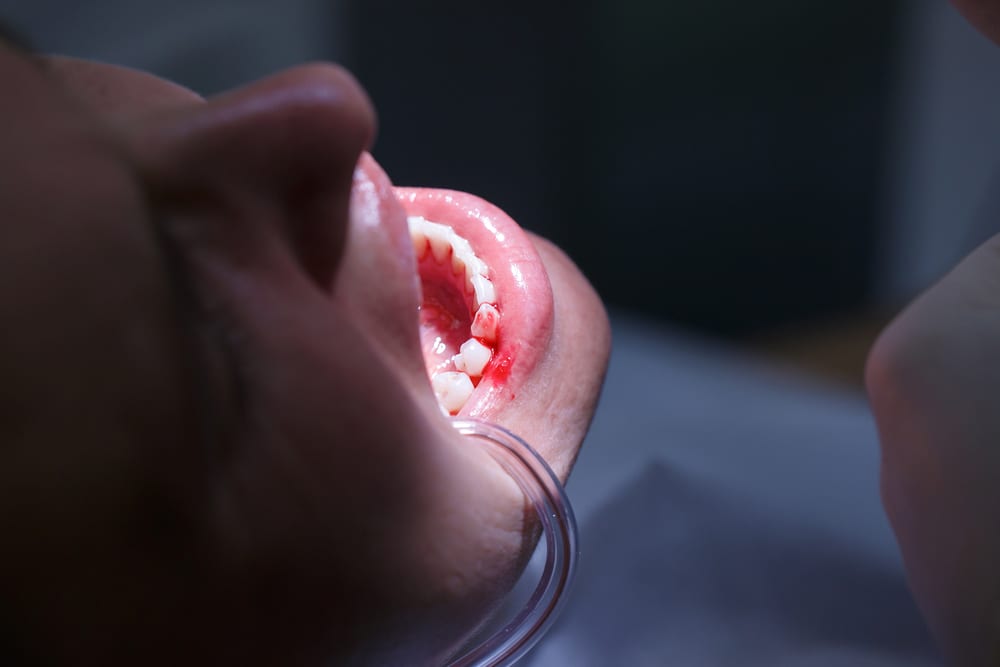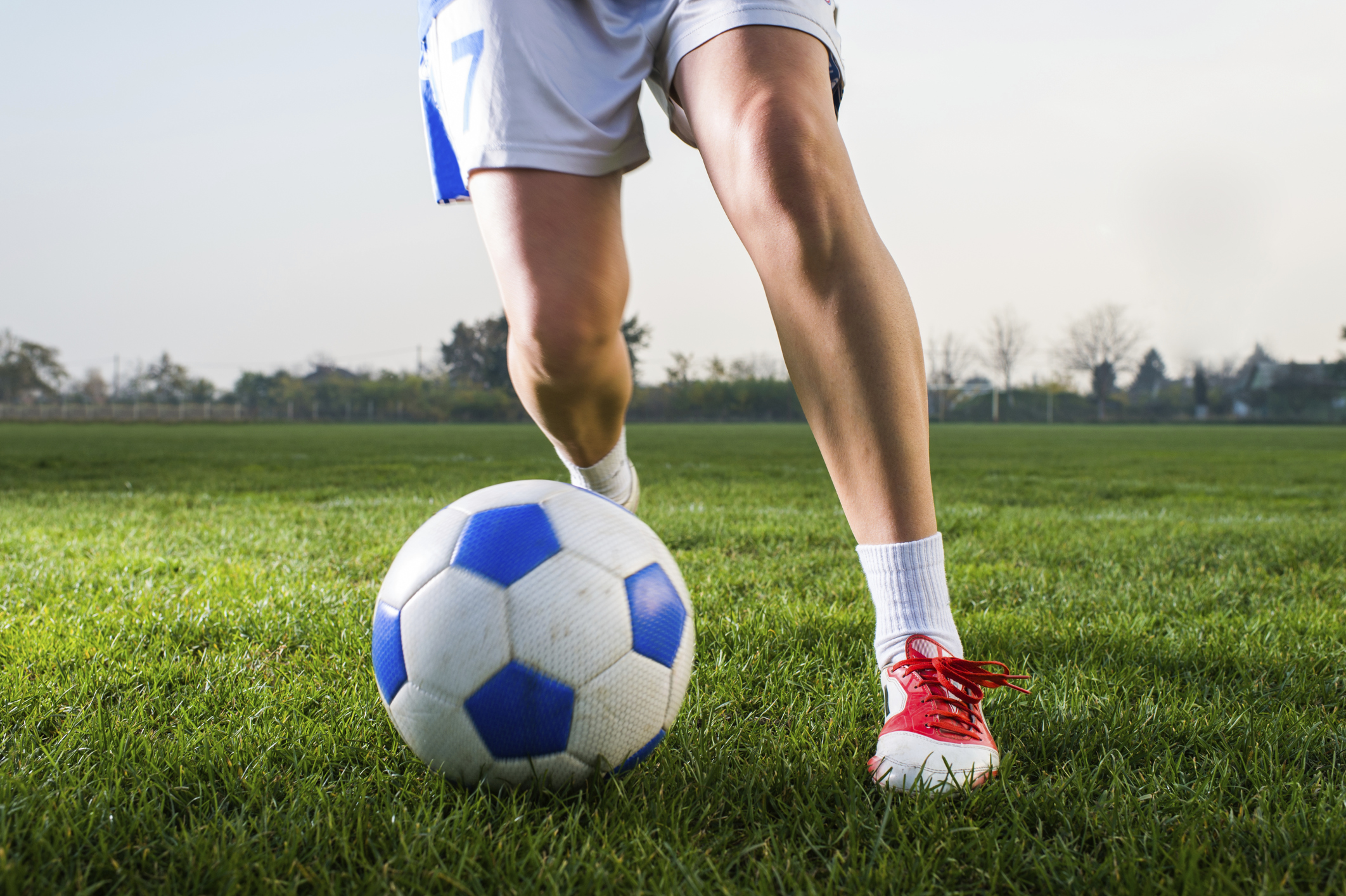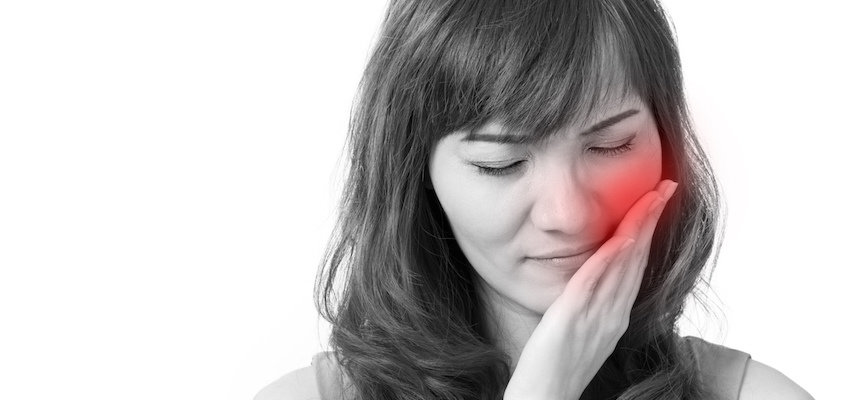Contents:
- Medical Video: 5 Reasons You NEED To Start Wearing Ear Plugs NOW! | GEAR GODS
- The danger of coming to a music concert for the ears
- What kind of earplugs are recommended?
- Prevent hearing problems at music concerts
- When should I see a doctor?
Medical Video: 5 Reasons You NEED To Start Wearing Ear Plugs NOW! | GEAR GODS
Music concerts offer the experience of enjoying music that is alive and uproar. You also feel more energized and eager to follow the concert, even though you must be willing to stand up and listen to music in a very loud voice for hours. Visiting music concerts is exciting, but lately many musicians and organizers of music concerts have begun to actively voice the danger of music concerts for hearing.
Data published by the World Health Organization (WHO) in 2015 proved that throughout the world, 40% of teenagers and young adults are vulnerable to hearing problems due to too often being in entertainment venues such as music concerts, nightclubs, cafes with live music, and its kind. This means that hearing loss coming from a music concert should not be underestimated. However, that does not mean you have to avoid entertainment venues with loud music at all. To circumvent the side effects of music concerts on the ears and hearing, you should prepare an earplug or ear plug. However, many are hesitant to use earplugs because they are considered impractical and will reduce the sensation of watching a frenetic music concert. There are also those who question the efficacy of earplugs in preventing hearing problems caused by too loud music.
So that you are more confident, see all the information about earplug and hearing problems when going to the following music concert.
The danger of coming to a music concert for the ears
According to WHO, the safe limit of sound received by the ear is 85 decibels (dB) for a maximum of eight hours. WHO recommends that you not be in an environment with a sound of 100 dB for more than 15 minutes. You should also not hear the sound above 105 dB for more than three minutes. Meanwhile, noise at music concerts can reach 100 to 120 dB and music concerts must last for more than one hour. If you stand near the loudspeaker, the noise can reach 140 dB and this is very risky to cause hearing loss.
The noise you hear during a music concert usually results in temporary hearing loss. The impact on each person varies, starting from the ringing of the ear (medically known as tinnitus), pain in the ear, to hearing loss. This is because in your ear there is a hair cell that will receive vibrations from the eardrum. This vibration will then be converted by hair cells into electrical signals that will be sent by the nerves to the brain. The brain also translates the electrical signal as sound. These hair cells in the ear are very sensitive to loud sounds so they are easily damaged if you are at a music concert.
A study conducted by the University Medical Center Utrecht in the Netherlands has tested the study participants who were on average 27 years old to go to a music festival on open land. The average sound produced by a concert that lasts 4.5 hours is 100 dB. The results of the study reported that only 8% of those taking earplugs experienced temporary hearing loss. In the group that did not use earplug, the number of participants who experienced temporary hearing loss reached 42%. So if you want to avoid hearing problems, it's best to put earplugs in your ears before going to your favorite music concert.
What kind of earplugs are recommended?
Currently there are various kinds of earplugs or earplugs that you can buy at pharmacies, supermarkets, and hardware stores. Some are made of foam, silicon, thermoplastics, or wax. The earplug's ability to reduce sound also varies, ranging from 10 to 30 dB.
You need to adjust your needs with the earplug you choose. If you are a musician, a sound technician, or you often go to music concerts or cafes that offer music live, you should buy earplugs made from thermoplastics or silicon. This type of earplug is more fitting on the ear and will not reduce sound quality like the foam-based earplug. You should also consider if the concert you are attending is a rock concert, you need to choose an earplug with the ability to reduce sound by about 20 dB. While if you come to an acoustic music program in a cafe, earplugs that reduce sound by 12 dB are enough to prevent hearing problems.
Prevent hearing problems at music concerts
In addition to using earplugs, you can take steps to prevent hearing problems while at a music concert. Here are the things you need to do.
- Don't stand or sit too close to the loudspeaker. The safe distance is above three meters.
- Take a break between songs and get away to a quieter place to rest your ears.
- Avoid shouting at each other's ears with other people. Usually you and friends who come to the concert will do this so the conversation can be heard more clearly. However, this will only further endanger your hearing.
- Avoid alcoholic drinks because it can make you insensitive to pain in the ear.
When should I see a doctor?
If you experience hearing loss after attending a music concert, hearing usually returns to normal after a while. However, if it has been more than 24 hours and you still experience ringing or hearing loss, immediately consult an ear specialist. Generally the complaints reported are sounds that sound to be unclear, especially high-pitched sounds.
READ ALSO:
- 3 Types of Ear Disorders That Most Often Occur
- Tips for Overcoming Ringing Ears When Riding a Vehicle
- Watch a Music Concert? Don't Stand Near the Speaker!

